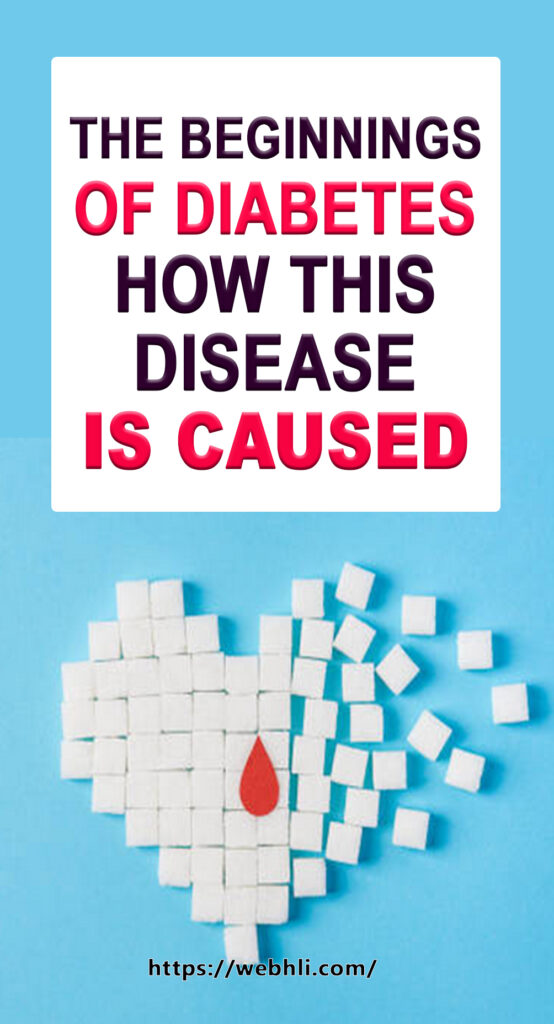
There are numerous theories in circulation about the origin of diabetes. According to one theory, diabetes dates back to the First century BC, when Aretaeus, the Greek Physician, named diabetes after the word, dia-bainein, which means "to siphon'. This description referred to excessive urination by persons affected by diabetes. It was identified as a disease related to 'sweet urine' and abnormal loss of muscles in the ancient period. Diabetes is now a common disease and millions are affected by what is popularly, known as "silent killer" all over the world.
Diabetes mellitus, commonly known as diabetes is a metabolic disease, which prevents the body from using sugar normally. The body gets its supply of sugar from food. Sugar, honey, milk, bread rice and most of the fruits are the main sources of sugar. The body converts sugar into glucose, which it requires for energy. Glucose in the blood is, normally, at a constant level. Blood sugar levels are, generally, closely monitored by insulin, a hormone produced by pancreas.
Check out these related articles, too:
What to Do When Your Blood Sugar Is Too High
The Effect of Ginger on Blood Sugar Levels
Skin Problems Connected to Diabetes
What is the biggest contributor to diabetes?
Diabetes and Higher Than Normal Fasting Blood Sugar Levels
When the blood glucose rises, for instance, after eating food, insulin is released from the pancreas to regulate glucose level. However, in case of diabetics the blood sugar levels are high because of malfunctioning of pancreas glands, leading to the absence or inadequate production of glucose. Elevated level of blood glucose (a condition, known as hyperglycemia) results in spillage of glucose into urine. The beginning of diabetes is detected through a variety of unrelated symptoms. These include, abnormal thirst, high frequency of urination, abnormal hunger, sudden loss of weight, unexplained tiredness, itching and tingling of feet and hands, weak vision and skin infections.
The causes of diabetes depend on the type of diabetes. There are two types of diabetes: Insulin Dependent or Juvenile Onset Diabetes (Type1) and Insulin-Independent or Adult Onset Diabetes (Type 2). In addition, there is another type, known as 'Gestational diabetes', which occurs during pregnancy. The metabolism of carbohydrates, proteins and fats is altered in persons suffering from diabetes. The beta cells of the pancreas produce very little or no insulin in case of Type1 diabetics. In absence of sufficient insulin, glucose level increases in the blood stream, instead of going into the cells.
The body is unable to utilize this glucose for energy even though there are high levels in the bloodstream, resulting in increased hunger. Besides, elevated level of glucose in the bloodstream makes a person to urinate more, which in turn causes excessive thirst. Within five to ten years after diagnosis, the insulin-producing beta cells of the pancreas are totally destroyed and no more insulin is produced. Type 1 diabetics, therefore, necessarily depend upon external sources for insulin, either through insulin injections or medication.In type 2 diabetes, there is a steady decrease of beta cells that contributes to high level of blood sugar.
The causes of type 2 diabetes include inadequate production of insulin, either in absolute terms or in relation to the requirements of the body or inability of cells to use insulin effectively and efficiently resulting in hyperglycemia and diabetes. This condition generally affects muscle and fat tissues and leads to a condition, called, 'insulin resistance'. Type 2 diabetics mainly suffer from this condition. If someone is resistant to insulin, the body can, to some extent, increase production of insulin and overcome this resistance. However, if production of insulin decreases over a period and insulin cannot be released as before, hyperglycemia sets in.
Diabetes is a life-long disease and so far there is no cure for diabetes as such. However, with regular physical exercise, diet and proper medication, diabetes can be controlled and one can lead normal, active and healthy life.
Article Source: http://EzineArticles.com/6386261

 Protected by Patchstack
Protected by Patchstack